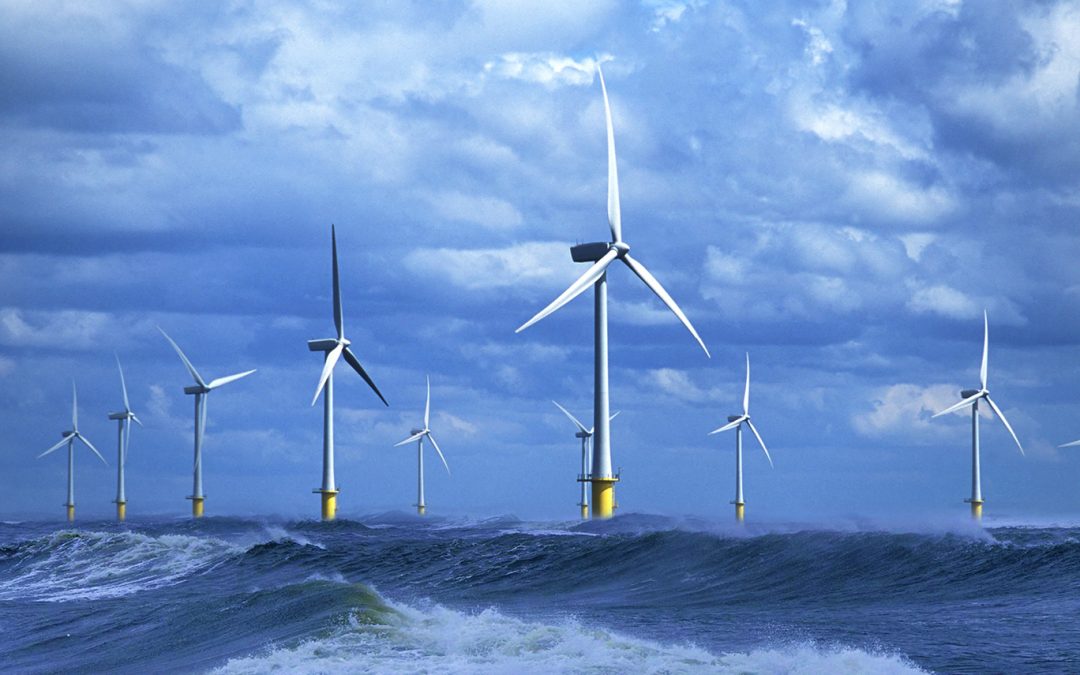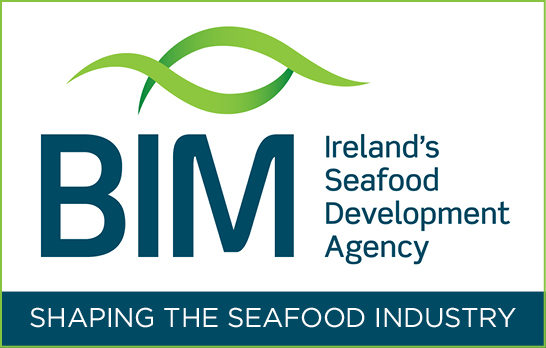The fishing and wind energy sectors must work together if Ireland is to protect both our energy and food security. That’s according to the Irish Fish Producers Organisation (IFPO), who say meaningful and not token co-operation is needed.
“Irish fishing communities deliver one of the lowest carbon footprint sources of healthy renewable protein,” says IFPO chief executive, Aodh O Donnell. “We deserve recognition and respect for our role in Irish society and in peripheral coastal communities.”
“But wind farm developers, and for their part, the Irish Government, have failed to properly engage with the fishing fleet about locating wind farms in rich fishing areas. This could have a fundamental impact on how much fish the Irish fleet can catch and ultimately on our food security.”
Mr O Donnell says they are particularly concerned about plans to locate large sea-based wind farm projects in the Irish Sea. “The choice of location for most of these projects was driven by legacy considerations revolving around optimal grid connections and project cost. It appears that even basic considerations about traditional fishing activity and sensitive spawning areas have been discounted or largely ignored.”
“The richest fishing grounds are often in areas favoured by wind farms and the naïve view of wind farm developers is that fishermen can simply move,” he adds. “But these sea basins have been fished traditionally for generations, particularly for Dublin Bay Prawns. This is a significant sustainable wild caught fishery, which ranks as Ireland’s most valuable seafood.”
‘’The seafood sector is willing to engage and work on a co-existence approach. There is an abundance of sea in the Irish EEZ (European Economic Zone) to locate Wind Turbines and technological developments have enabled new possibilities. Wind farm developers must seriously consider the need to mitigate and minimise impacts on traditional fishing grounds.”
“To avoid the worst outcomes, developers and fisher stakeholders alike must adhere to the Communications Standard developed by the Seafood Offshore Energy Working Group convened by the Minister in 2022. Our key concern is that the fishery sector is still not receiving adequate information about turbine details and locations. This is a basic prerequisite for proper engagement and meaningful consultation.”
“We appreciate that the external environment is much changed, with an energy crisis driven by the Ukrainian war – and the need for energy security has accelerated the priorities. But there must be a balanced, informed, and coherent process between energy security, environmental impact, food security and fisheries interests.”
“This is a playground with new players and fishermen are entitled to equal treatment and an equal share of the socio-economic benefits. Our members are familiar with the sea and can engage so that the adverse environmental impacts are minimised. If not managed, then displacement is inevitable and a challenge to resilience and a way of life. If we are to adjust to what is coming, then a fair outcome for fishery stakeholders must be factored into the next phase of planning applications and in the Environmental Impact studies.”
Mr O Donnell said that this is a fast forward process requiring a responsible transition and fair treatment for all. He called on the Offshore Renewable Energy sector to engage in a meaningful and transparent way in sharing the space. They must take account of the long-term socio-economic impacts on commercial fishermen and their families.


Recent Comments